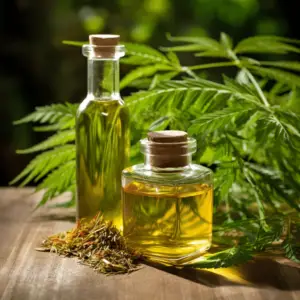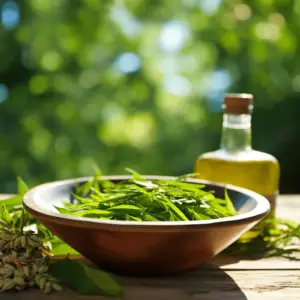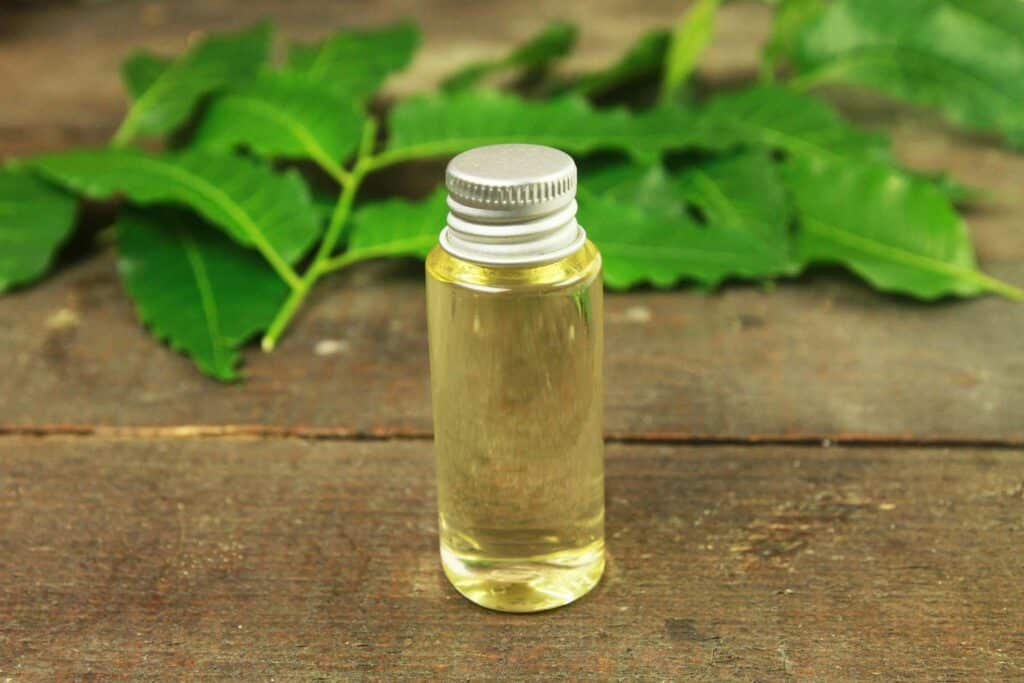Neem Oil Usage, Synthetic pesticides, insecticides, and fertilizers have been a major part of the green revolution.
Due to their efficiency in eradicating pests, these products had become a staple addition to all plant operations, from large agricultural fields to small home gardens.
Neem oil has been especially praised as a great solution to insects, mites, and fungi that damage garden plants.
This natural plant insecticide and fungicide are extracted from the seeds obtained from a neem tree Azadirachtin- the active neem oil component that contains insecticidal properties.
A neem oil spray can assist control and wipe out common houseplant pests. Organic gardeners appreciate that the oil is safe to use and does not harm humans or animals.
It is safe even for most wildlife, given that its insecticidal properties are targeted to specific pests that bother garden plants. That said, should you use neem oil on all plants?
Table of Contents
Plants That You Should Not Use Neem Oil

No doubt neem oil is a great natural solution. However, it isn’t suitable for some types of plants. For instance, neem oil foliar sprays can burn leaves on some plant species.
After repotting, some plants may get stressed; thus it’s not advisable to treat those plants with neem oil.
Also, you should avoid applying neem oil on sensitive plants. Avoid treating young plants with neem oil, especially those that may be less than a month old.
Neem Oil Usage always a good idea to test the neem oil on some parts of the plant before applying it to all the leaves.
This way, you’ll get to understand if the plant is sensitive to neem oil and whether you should use it.
Meanwhile, on the bright side, neem oil is suitable for treating most species of plants. Gardeners can spray neem oil on plants such as fruit trees, herbs, nuts, vegetables, and even ornamental houseplants.
Does Neem Oil kill Beneficial Insects?
Beneficial insects such as ladybugs, bees, and butterflies are not affected by the insecticides because they don’t feed on the sprayed leaves. Of course, they may land on sprayed leaves but that isn’t harmful.
That said, eggs and larvae of butterflies of ladybugs could be affected if they are on the leaves. So instead of doing a widespread application, you might want to be judicious and use it only on the plants infested with pesty insects.
Once sprayed, neem oil kills all insects because the oil clogs up their airway, thereby suffocating them.
Another way to avoid harming beneficial insects is to apply the insecticide in the morning before bees and butterflies are out. Also, try to focus on the affected plants to minimize any harmful impact.
How Often Should You Use Neem Oil on Plants and Flowers?
Apply neem oil insecticides as often as once per week to eradicate plant pets. Keep in mind that Azadirachtin works gradually. That means you’ll have to use the solution regularly for at least a few weeks to eliminate insects, their larvae, and eggs.
Still, recommend that you apply neem oil less often- usually every three weeks or so- to avoid insect infestation. In most cases, neem oil is suitable for use as often as every month at the end of summer and early fall. It is at this time when houseplant pests proliferate indoors.
On the off chance that you applied too much neem oil, you don’t have to worry because you can get it off your plant.
You simply need to wipe off the excess neem oil with a damp cloth. You can also try spraying water on the leaves so the excess neem oil can rinse away.
Where the plant has been stressed and showing yellow leaves, you can give it a good watering to see if it can recover.
Can Too Much Neem Oil Damage Plants?
The answer is yes. Too much neem oil will damage plants as it forms a coat on the surface of the leaves.
This, in turn, suffocates the leaves, making the plant unable to produce food.
The excess neem can also cause the leaves to burn due to the heat from the sunlight.
Similarly, if you spray it on the soil, the neem could reach the roots and damage them too. Simply put, too much neem can be toxic to your plants, beneficial insects, and even aquatic life.
Is Neem Oil Safe?

As mentioned earlier, neem oil is a non-toxic, natural insecticide that can be used safely in the home and garden.
There’re no reports or evidence that neem oil is toxic to humans. Besides, the active insecticidal properties in neem oil won’t harm birds, bees, and other wildlife. As long as it’s used properly, neem oil is safe to use in organic and traditional gardening.
Nonetheless, the packaging should provide information on dosage. Never drink the stuff and consider yourself sensitive to the product if you are pregnant or trying to get pregnant.
Out of all possible scenarios, one that’s being currently studied is its ability to block conception.
According to EPA, the product is generally recognized as safe. That means any residual amount left on food is acceptable.
However, be sure to wash your produce in clean water before consumption, as there has been a concern that neem oil, is used inappropriately and in excessive quantities.
The Bottom Line
Using neem oil-based solutions and products can bring about numerous benefits for your garden while keeping you safe.
Neem Oil Usage is one of the ways to have an organic garden while still using chemical solutions against pests.
All things considered, the toxic effects of neem oil sprays are limited to leaf-eating insects and herbivorous organisms like nematodes.


